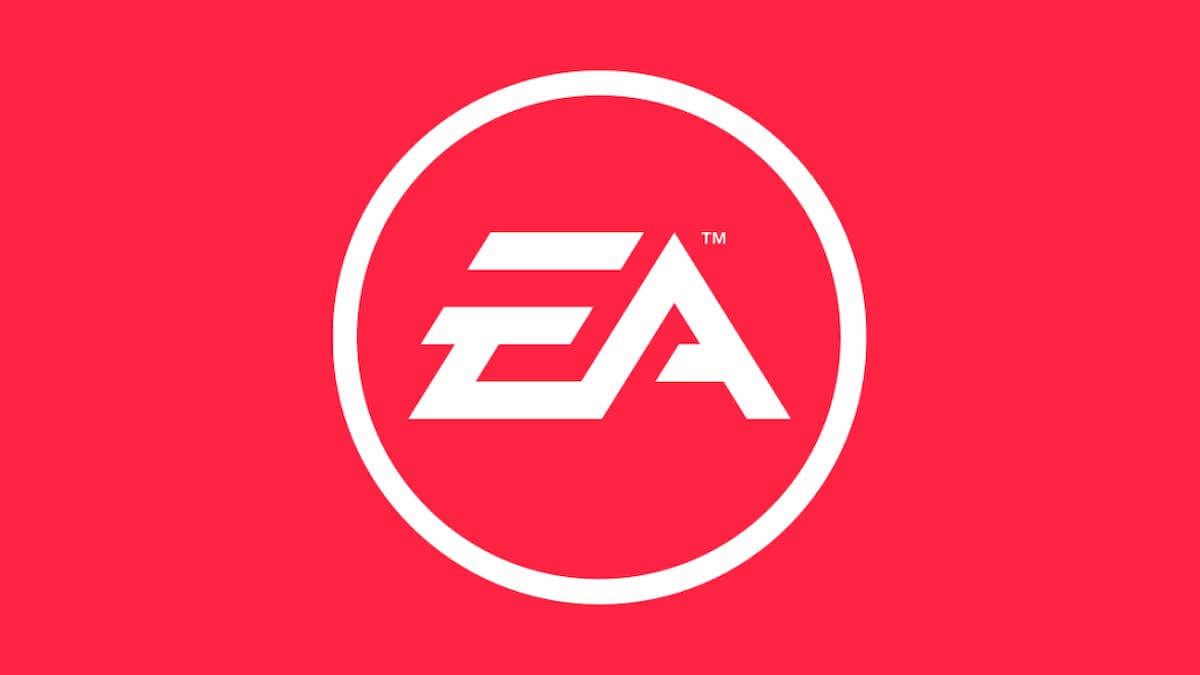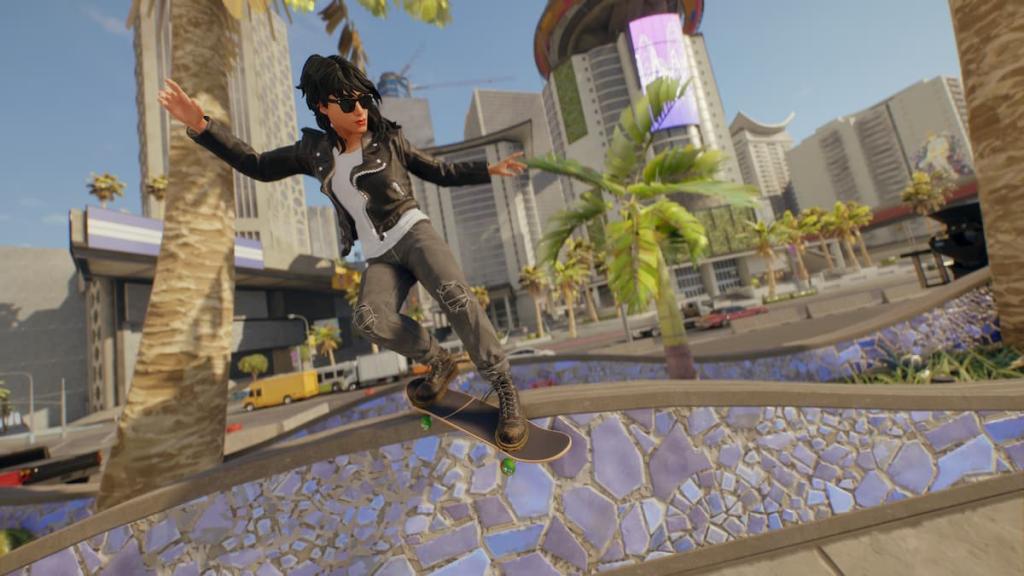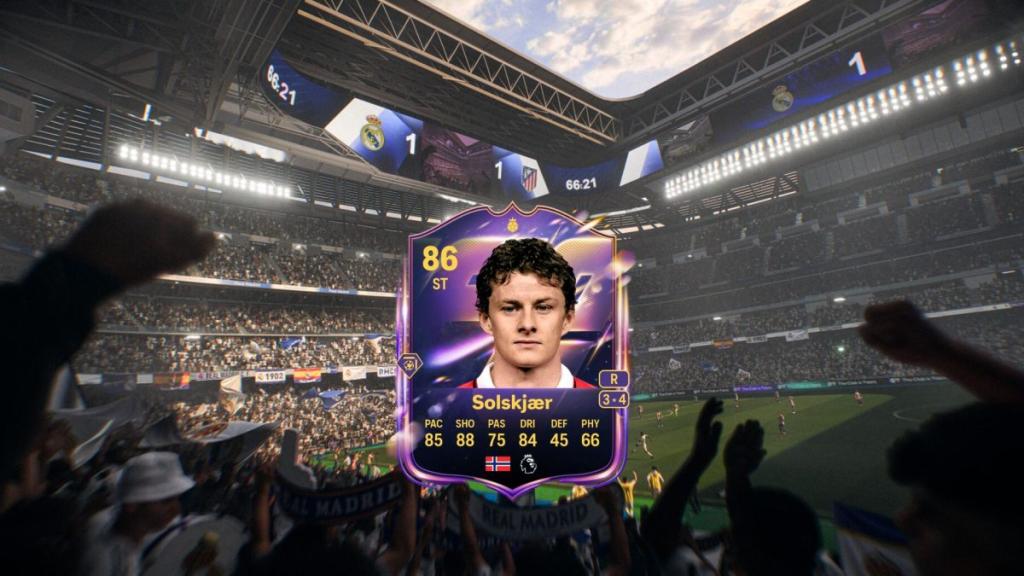
So, the Saudis and American private equity are buying out Electronic Arts in what's turned out to be the biggest leveraged buyout in US history. A lot of smoke has risen as a result, with people fearing this could spell the end of the company. But I'm inclined to disagree.
Privatization is a good thing, all things considered. EA has long been a publicly traded company, working in a quarterly, short-term manner, prioritizing pleasing shareholders over anything else. These people, who are merely investors and have little to no knowledge of games, more than likely pressured EA into following certain market trends, disregarding artistic integrity in favor of chasing after pop culture, hoping to cash in on that current “craze with the kids.”
And it often failed, quite miserably so.
Outside the sports genre, where EA more or less has a monopoly with Madden and FC dominating the football industry on both sides of the pond, it has been doing less than well over the past decade or so.
Its last great shooter was Battlefield 1, the successors marred with issues and problems and failing to captivate a big enough audience; BioWare is literally on the edge, having failed to produce a performative, high-quality RPG for over a decade; Need for Speed is indefinitely shelved, losing out to racing competitors like Forza and Gran Turismo, among others.
A lot of what EA does and has done is aimed at appealing to certain audiences—not in a meaningful, in-depth, or relatable way, but rather through pandering, poor writing, and forced messaging, regardless of the context. The result? Low sales, a receding fandom, and an unclear future for many studios under its umbrella.

What's been doing well for EA is, as I've mentioned, sports games, raking in a lot of cash, which, alongside the company's pivot to promoting its old but gold games (with 90 percent discounts every two months), was the basis of its financial success for a long time.
But that's also because they hold a monopoly in that space, and it was only a matter of time before someone else swooped in to compete, given that FIFA has not renewed its licensing deal with EA and is looking for a new buyer.
Battlefield 6 does look promising, but that comes after a decade of failed investments and trend-chasing, with the shareholders seemingly allowing the creatives to finally work on something themselves. And that brings me to the positives of privatization.
With this buyout, the creatives will have less bureaucracy to deal with. What used to be boardrooms and dozens of people in conference calls will be reduced to probably a single CEO who reports to the owners. Direct control means streamlined processes, and determining what works and what does not is almost instantaneous.
Privately controlled enterprises also tend to do things more efficiently, rarely scaling up or down to meet quarterly numbers. This is probably the most important bit: without having to control how the shares are valued, EA will have a lot taken off its back and be able to prioritize long-term strategies over those that make that Q3 number green and the arrow pointing up.
A lot more planning can thus go into every single game, each individual product. What can make us the most money in the long run, instead of what's going to work for us this week? A direct, quick, and streamlined decision-making process is bound to function better than having hundreds constantly bicker and ask about your short-term finances because they “own” less than one percent of the company.

Those involved in the buyout are cause for skepticism, though. The American private equity firms are likely not going to be as bad in their influence over EA's creative side as the Saudi Arabian PIF. The sovereign wealth fund, directly controlled by Saudi heir apparent Mohammed bin Salman, can and probably will impact how creativity is expressed in the company.
PIF-owned studios tend to implement similar trend-chasing elements into their games and products, such as placing Ronaldo in a fighting game or otherwise promoting certain pop culture influencers or characters in places they don't belong. It's a mixed bag, and a controversial one, given that Saudi Arabia is a place of horrible human rights violations, among other things.
But how influential PIF is, and how everything will be shaped, is yet to be seen. PIF is not alone in this venture, and I dare say that huge firms aren't always “the big bad.”
Tencent has purchased half the gaming industry, and what happened? Most of them turned out fine. Hell, some have even directly improved as a result. Now, was that always the case? No, certainly not, but someone buying out a company, even if they come from a controversial state or background, does not always result in a catastrophe.
Additionally, I fail to see how EA's new owners would axe or butcher things that work. If Battlefield 6 does well, I don't get how or why they would step in to put a stop to that. The same goes for other games and studios under EA. If they work, if they perform, and if it's found that creative liberty does beget profit, I'm confident we'll get better games when that success is combined with private ownership.
It can and will probably mean that studios like BioWare will get shut down, but let's face it: it was bound to happen anyhow. EA itself, before the buyout, closed down and cancelled countless games and studios, and took offline even more of them each year. All this to increase next quarter's profits, to prove to a handful of people that things are looking up, even when they're crashing all around.
A private enterprise, with long-term goals in mind, can and will function better, but we'll have to wait and see how the PIF's role in this whole ordeal plays out, as they remain, by far, the sole reason why I'm a bit scared for EA's future.
Otherwise, I don't think the privatization aspect is bad—far from it.
Like our content? Set Destructoid as a Preferred Source on Google in just one step to ensure you see us more frequently in your Google searches!
The post Okay, I’ll play EA’s advocate: The buyout deal can be good, actually appeared first on Destructoid.







